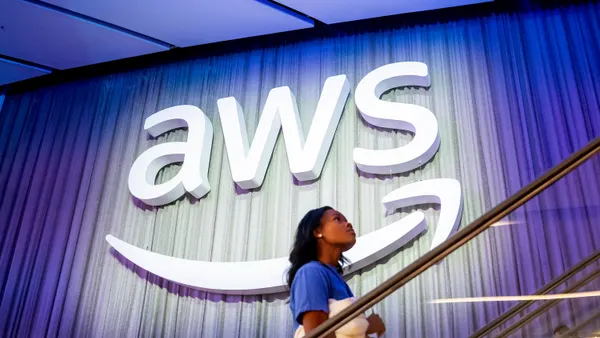Dive Brief:
- Apps that feature end-to-end encryption prevent hackers, corporate spies and intelligence agencies from being able to read messages.
- Law enforcement officials and cyberexperts have pointed to a link in the past between terrorist groups like ISIS and encrypted apps.
- Tech companies say there's no way to let law enforcement review a messaging app without potentially giving other people a way in, too.
Dive Insight:
In October, the Middle East Media Research Institute released a report that said "a number of jihadis and terrorist organizations" had created channels on secure messaging app Telegram. Some of the content shared included "tutorials on manufacturing weapons and launching cyberattacks" and "calls for targeted killing and lone-wolf attacks," according to the report.
There is no evidence yet that encrypted services were used in the Paris attacks. But on Monday, CIA Director John Brennan said that "hand-wringing" over privacy was hampering intelligence agencies' ability to prevent attacks.
Tech companies, including Apple, Facebook, Microsoft and Yahoo publicly oppose creating back doors.
"You can't have a back door that only lets the good guys in," said Nicholas Weaver, a senior researcher at the International Computer Science Institute. "If you add one, it becomes usable by Chinese intelligence, Russian intelligence, criminals."
Law enforcement can, however, still get some clues from social media.
"All of these encrypted chat apps still leak a lot of metadata," Weaver said.
That is already being used to track connections between people and known terrorists.












